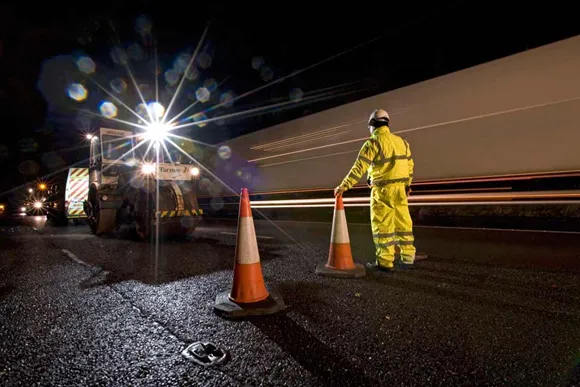The Brazilian government is considering setting up a national electronic toll payment system. The favoured system will be based on the state of Sao Paulo's solution, which uses an electronic tagging system installed in each vehicle to charge for payments. The proposed national toll payment aims to cover the nation's roads and to track cargo in railways, airports and ports. Brazilian planning and logistics company EPL will be responsible for setting up this tagging system, which is already used by 55% of veh
July 17, 2013
Read time: 2 mins
The Brazilian government is considering setting up a national electronic toll payment system.
The favoured system will be based on the state of Sao Paulo's solution, which uses an electronic tagging system installed in each vehicle to charge for payments. The proposed national toll payment aims to cover the nation's roads and to track cargo in railways, airports and ports.
Brazilian planning and logistics company EPL will be responsible for setting up this tagging system, which is already used by 55% of vehicles that use tolls. When this figure reaches the 80% mark, a system to charge based on distance the distance travelled could be implement.
Meanwhile, as part of the National Automated Vehicle Identification System (Siniav), it was suggested that the tracking systems could be installed in vehicles by car manufacturers, so that it would not incur in extra costs for car owners. Nevertheless, car owners would still have to select a payment system operator, such as Sem Parar, Auto Expresso and ConectCar. The Brazilian government is also said to favour using this system to track products leaving factories and thus reduce the incidence of fraud and thefts.
The favoured system will be based on the state of Sao Paulo's solution, which uses an electronic tagging system installed in each vehicle to charge for payments. The proposed national toll payment aims to cover the nation's roads and to track cargo in railways, airports and ports.
Brazilian planning and logistics company EPL will be responsible for setting up this tagging system, which is already used by 55% of vehicles that use tolls. When this figure reaches the 80% mark, a system to charge based on distance the distance travelled could be implement.
Meanwhile, as part of the National Automated Vehicle Identification System (Siniav), it was suggested that the tracking systems could be installed in vehicles by car manufacturers, so that it would not incur in extra costs for car owners. Nevertheless, car owners would still have to select a payment system operator, such as Sem Parar, Auto Expresso and ConectCar. The Brazilian government is also said to favour using this system to track products leaving factories and thus reduce the incidence of fraud and thefts.







